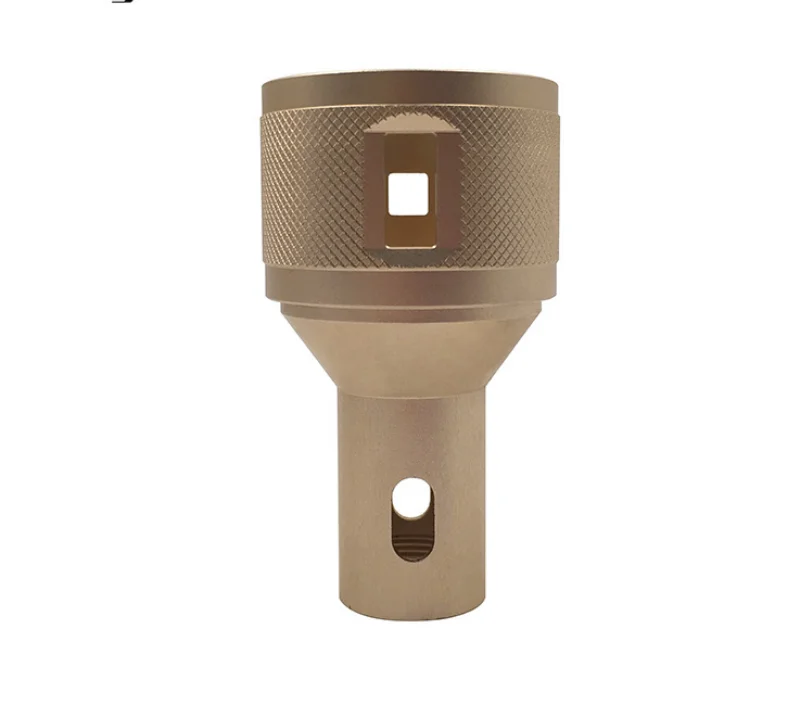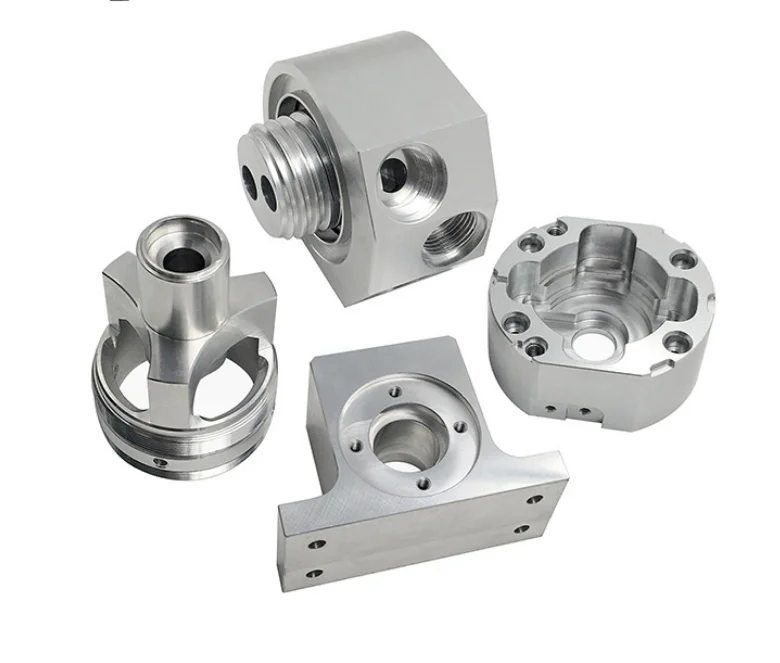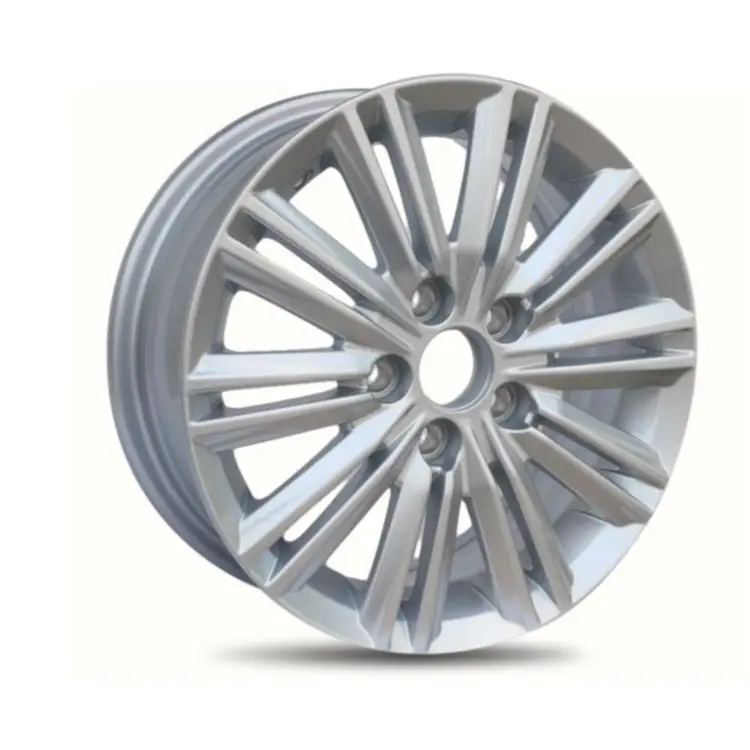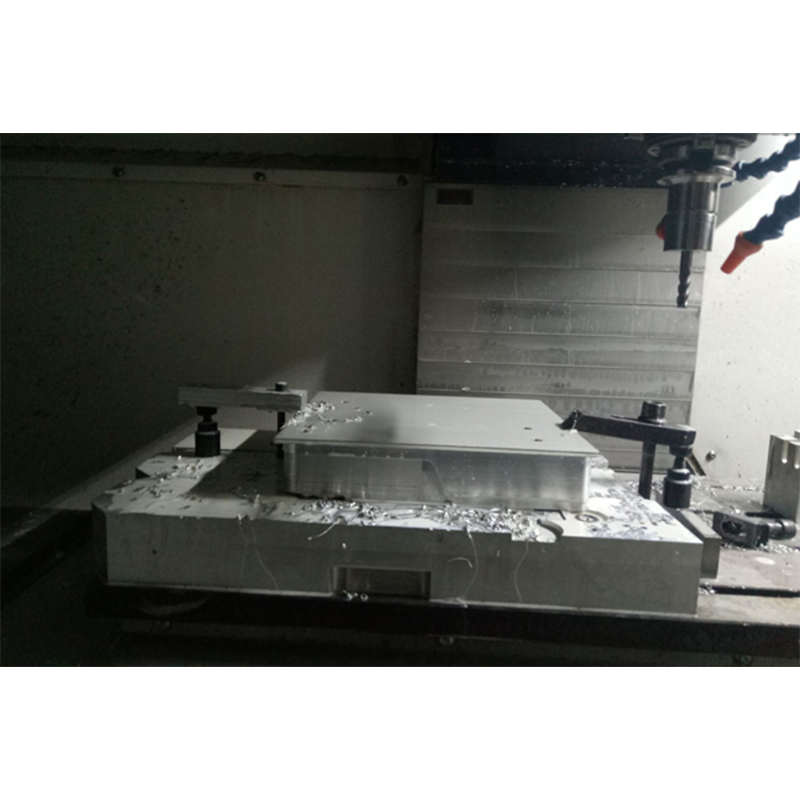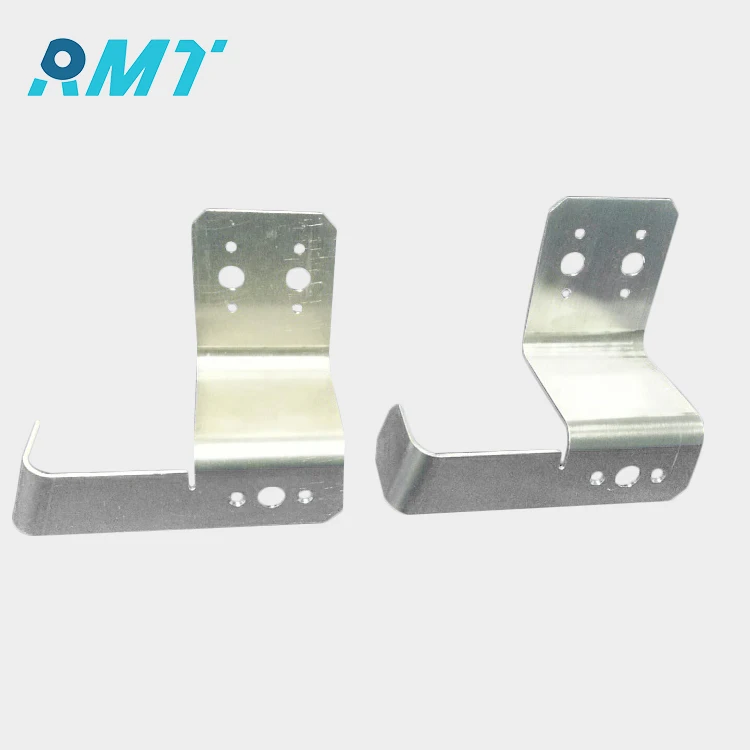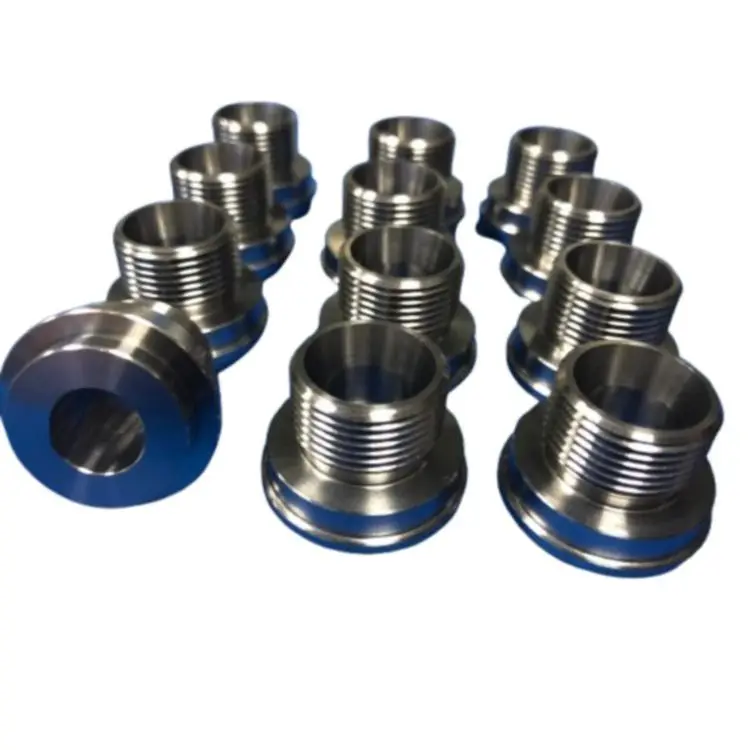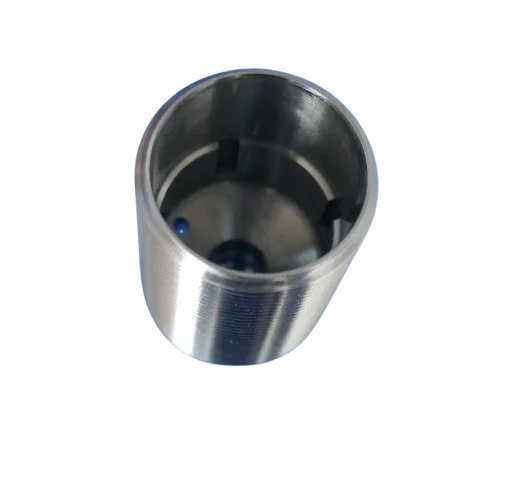The Importance Of Quality Control In Parts Manufacturing
Today’s manufacturing industry across geographical boundaries is heavily inclined towards the production of quality parts to enhance the proper functioning of the supply chain and end products. For cases of aerospace and automotive electronics, construction, and other spaces, the quality of the parts is what determines the functionality and reliability of the finished products. This paper treats quality control as an important aspect of work in processes of parts manufacturing.
The Definition and Goals of Quality Control
Simply defined, quality control also abbreviated as QC refers to all measures that a company undertakes to ensure that the output of manufacturing units meets set quality parameters. For parts manufacturing, this includes the exhaustive inspection of all parts to ensure conformity with characteristics, such as mass, volume, shape, and other performance parameters. QC refers to the process application whereby the aim is to minimize defects, minimize variability where possible and ensure that every part performs its intended purpose efficiently and effectively.
Optimization of Product Lifetime and Performance
Lack of quality control measures tends to create poor parts which affect the effectiveness of machineries and systems. For example, a wrong fastening or a weakly constructed fastening might cause excessive wear, a fatal to the system component, or a shortening of the lifetime of some level of the system. On the other hand, further QC at any level of production ensures that no such parts will ever be supplied and thus increasing the average lifecycle and efficiency of operation of the final products.
Increasing Customer Expectations and Brand Value
Consistency is always going to be critical to customer satisfaction. When customers get the right and performing parts that they sketch, it builds their trust and as such, loyalty to the brand. It can be categorised as a skill that assists the company in barring defects and delivering quality products to consumers. Such devotion to quality is also good for the assumptions made concerning the manufacturer and mostly creates unreasonable expectation and assumption of competency.’
Compliance with Quality Control Standards
However aside, every organization needs to set up and implement a quality culture within the organization so as to comply with the International standards. This means that a company would have to invest in learning all the requirements of industry standards or risk losing their legal sanction to sell, and access the market. The manufacturers show such commitments because by doing so they reduce the chances of incurring legal cases or recalls that would adversely affect their market.
Maintaining Quality Control Quality Control
Again quality control as one of the core objectives of a manufacturer also cuts across to can effectiveness. When manufacturers manage to reduce the number of defective parts produced, they also reduce the amount of waste generated and raw materials consumed during production. In addition to that, there will be less transportation because of violated returns and warranty due to quality products, and less energy costs as there will not be repeated manufacturing processes.
RMT: The Best in Parts Manufacturing
Parts manufacturing is a serious process and it cannot be undertaken without useful QC procedures as we at RMT have well appreciated. We have implemented effective component quality control measures such that every part meets the required component performance specifications before leaving our workshop. Quality does not only include components that just fit but outperform your requirements.

 EN
EN
 AR
AR
 BG
BG
 HR
HR
 CS
CS
 DA
DA
 NL
NL
 FI
FI
 FR
FR
 DE
DE
 EL
EL
 IT
IT
 JA
JA
 KO
KO
 NO
NO
 PL
PL
 PT
PT
 RO
RO
 RU
RU
 ES
ES
 SV
SV
 IW
IW
 LV
LV
 SR
SR
 SK
SK
 UK
UK
 GL
GL
 HU
HU
 TH
TH
 TR
TR
 FA
FA
 GA
GA
 CY
CY
 EU
EU
 BN
BN
 BS
BS
 LA
LA
 NE
NE
 SO
SO
 KK
KK


